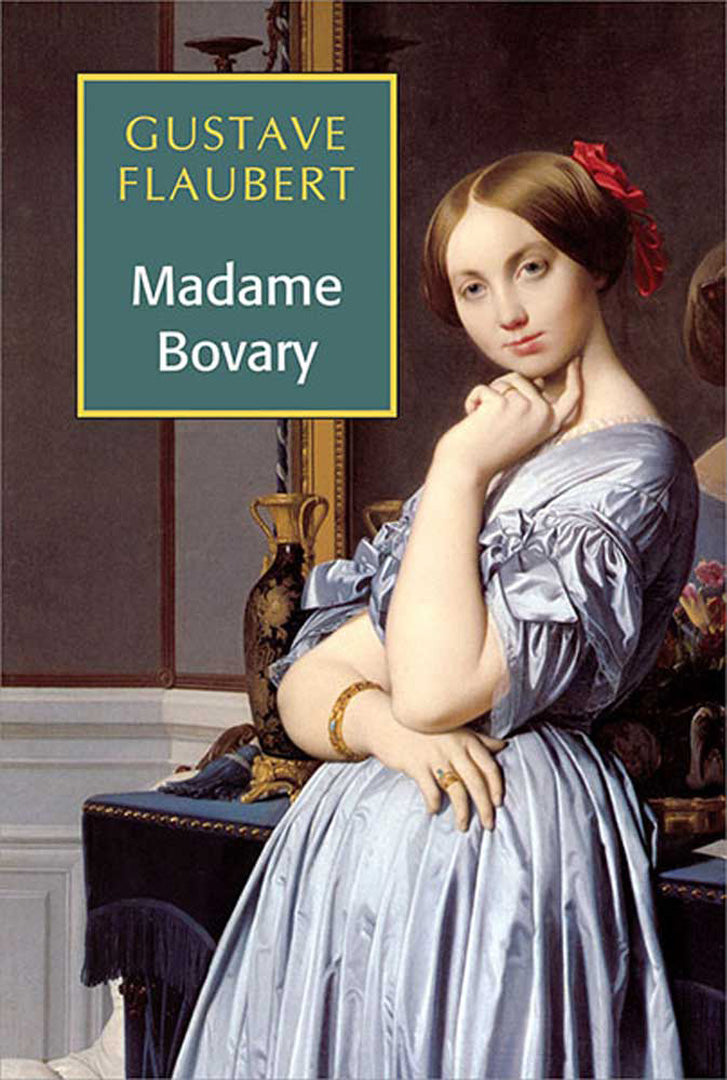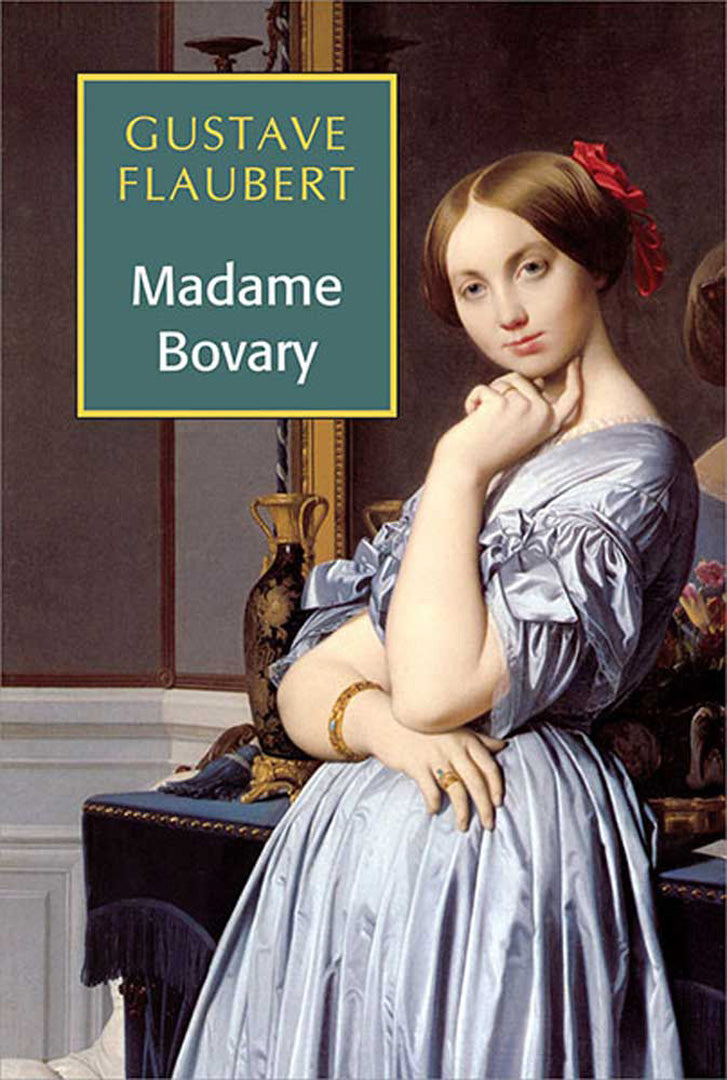Madame Bovary
Madame Bovary
Gustave Flaubert
Couldn't load pickup availability
Share

More Information
- ISBN13:
- Publisher: Atlantic Publishers and Distributors (P) Ltd
- Publisher Imprint: Peacock Books
- Publication Date:
- Pages: 360
- Binding:
- Item Weight:
- Original Price:
About The Book
Once considered scandalizingly immoral, Flaubert’s exquisite debut novel unsparingly depicts a woman’s gradual corruption and the human mind in search of transcendence. Unhappily married to a devoted, clumsy local doctor, Emma fulfils her epicurean dreams of ecstasy and love by indulging in a passionate affair with Rodolphe. Apprehending the dire consequences, she takes the firm and final move which none could have ever dreamt of.
The realistic style and rich descriptions—the soft-focused imaginings, a suggestive smile or phrase, the desire and search for seclusion, the breathless rush to the lover’s arms and the sensuous embrace, the fear of exposure, the financial outlay, the ever-growing disinterest and recklessness, the frequent violent arguments and impossible demands, the violation of promises, mutual recrimination and the tearful break-up—make this brilliant psychological portrait, Madame Bovary, a masterpiece, as Frank O’ Connor has remarked, “possibly the most beautifully written book ever composed;…a book that invites superlatives…the most important novel of the century.”
About The Author
Gustave Flaubert (1821-80) was one of the masters of nineteenth century fiction in France. He was born in Rouen, and was the second son to a family of doctors. While his father was a chief surgeon at the local hospital of Rouen, his mother was the daughter of a physician. Flaubert himself, however, studied law at Paris in the 1840s, a course that was terminated by his nerve disease, and the consequent failure at the law exams, which led him to devote himself fully to literature.
Flaubert made his mark with his first novel Madame Bovary, the story of an adulteress, which also included, interestingly, one doctor and one lawyer. Emma, the beautiful and romantic wife of a provincial doctor, feels trapped in the necessarily dull life of a provincial housewife, and seeks release in extramarital affairs, first with a young man from the landed aristocracy, and then with a lawyer, which eventually prove no less frustrating. Finally, Emma kills herself leaving Charles, her husband, a wreck. Charles too dies soon, leaving their only daughter orphaned.
The time of the plot of the novel is mid-nineteenth century and the setting is France. The novel was first published in 1857. The novel, unconventional as it was at the time, took contemporary readers by surprise and shock, and has since elicited mixed response. Criticised by some for lack of moral the novel has also been praised by many for the author’s honest treatment of his subject as well for his skill in the craft of novel writing.
Flaubert is known for his psychological realism. Even in this first novel, his handling of psychological development of characters is rigorous as well as superb. Furthermore, he shows an admirable authenticity regarding realistic details of place, time and events, while maintaining a precision of style and an objective method of narration. As a writer Flaubert aimed at nothing short of perfection. He believed in the virtue of form and wrote with an eye to the perfect word, perfect rhythm and perfect structure. One can recall his famous comment which has become a cliché almost: “Books are made not like children but like pyramids...and are just as useless!”
Flaubert practiced the objective mode of narration in which the author should remain neutral and almost spirited out of existence, rather than spreading explanations, commentary or instruction over the body of the text.
Madame Bovary was supposed to have been modeled on Delphine Delamare, who passed away in 1848.
Some of the Flaubert’s other well-known works are: Salambo (1862), L’Education sentimentale (1869), the unfinished Bouvard et Pecuchet (1881), etc. Flaubert’s Correspondences also offer some fine insights into the nature and craft of fiction.
In the 1870s Flaubert’s work was greeted by the then new school of naturalistic writers, though Flaubert himself would have detested any label, including the label of a realist.
He wrote till the end. His last years were shadowed by financial problems. The novelist died of cerebral haemorrhage on 8 May 1880.
Posterity has brought Flaubert the reputation of an immaculate artist.

